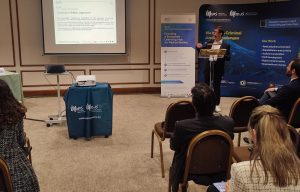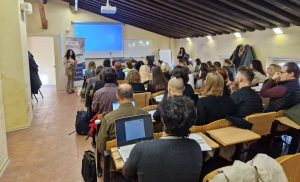More than 70 professionals working with youth participated in training initiatives recently held in France and Poland. With a focus on countering extremism and promoting active citizenship, experts discussed various forms of radicalisation and provided practical tools to deconstruct polarisation patterns. Proactive measures, promoting understanding, and nurturing a discerning mindset are fundamental to tackle radicalisation in Europe.
In an increasingly polarised Europe, youth is becoming more vulnerable to radicalisation influences, especially as these have been mushrooming online. However, youth professionals are often overlooked in the prevention of radicalisation and its progression into extremism. As these are in close contact with youth, they are in a privileged place to educate towards inclusion and citizenship, thus preventing radicalisation through education, either formal or informal. To effectively play this role, these professionals require support and training.
In a bid to prevent and mitigate youth radicalisation, the CEDAR ‘Continuing Education Against Radicalisation’ project organised training events in Toulouse (France) and Warsaw (Poland), in May and June 2023, respectively.
Over seventy professionals from educational, judicial, and civic backgrounds participated in the sessions, which addressed different forms of extremism and provided practical tools to promote active and healthy citizenship.
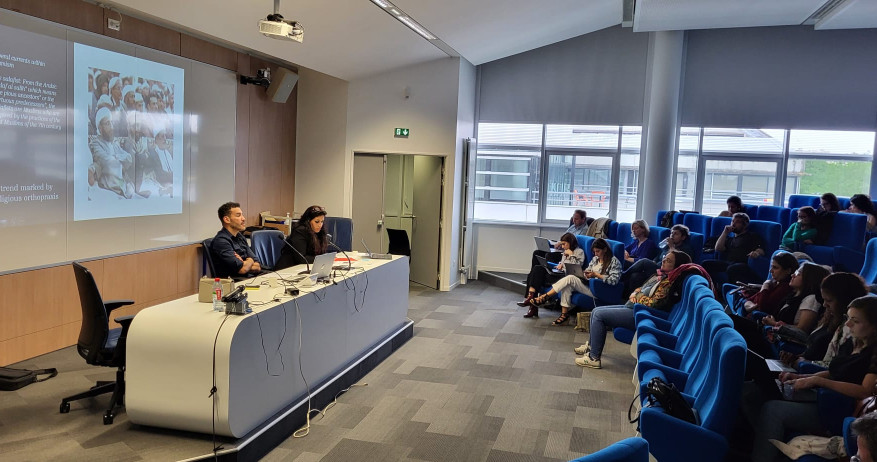
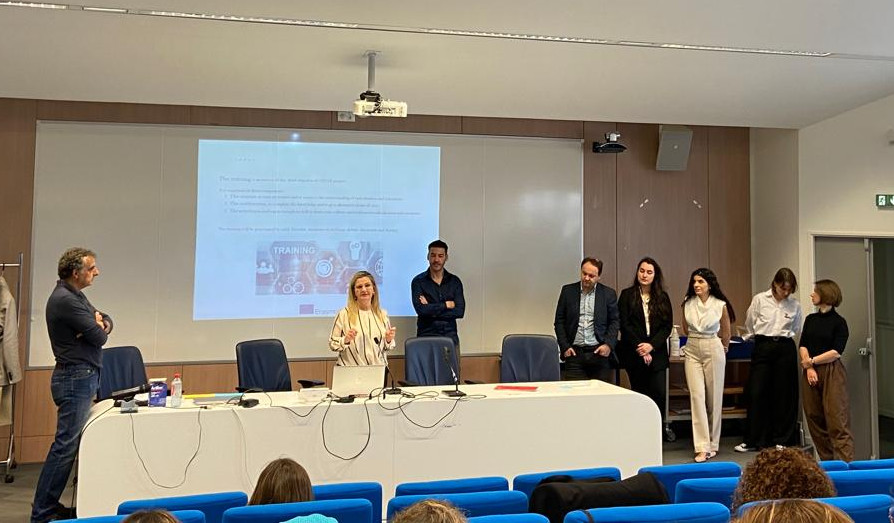
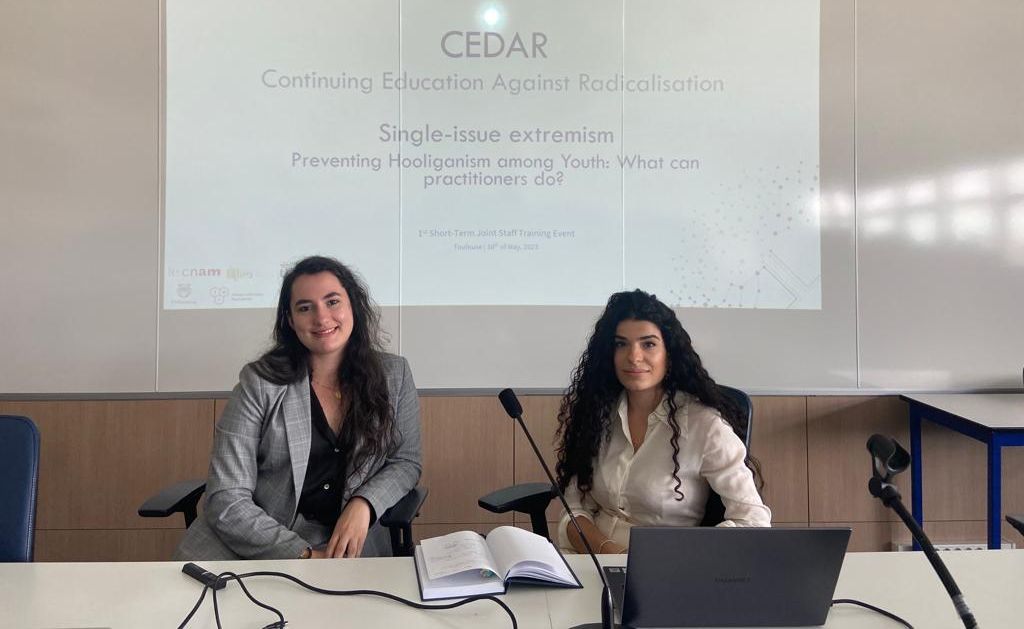
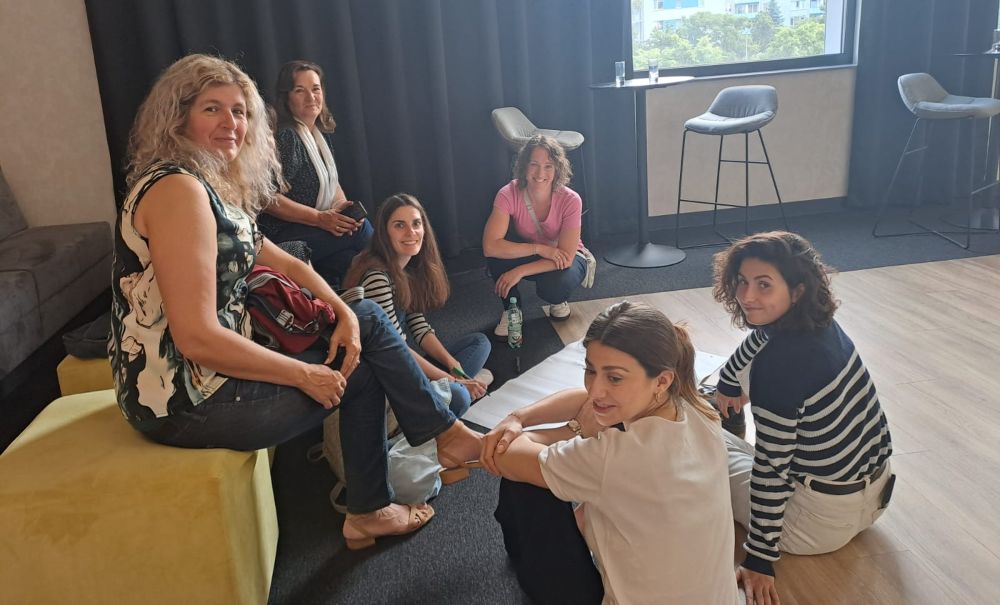
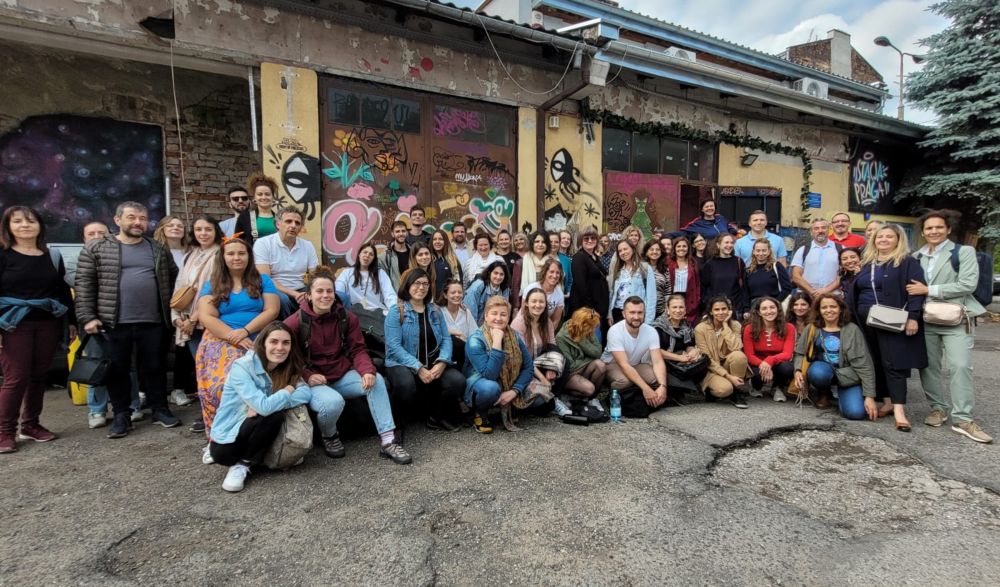
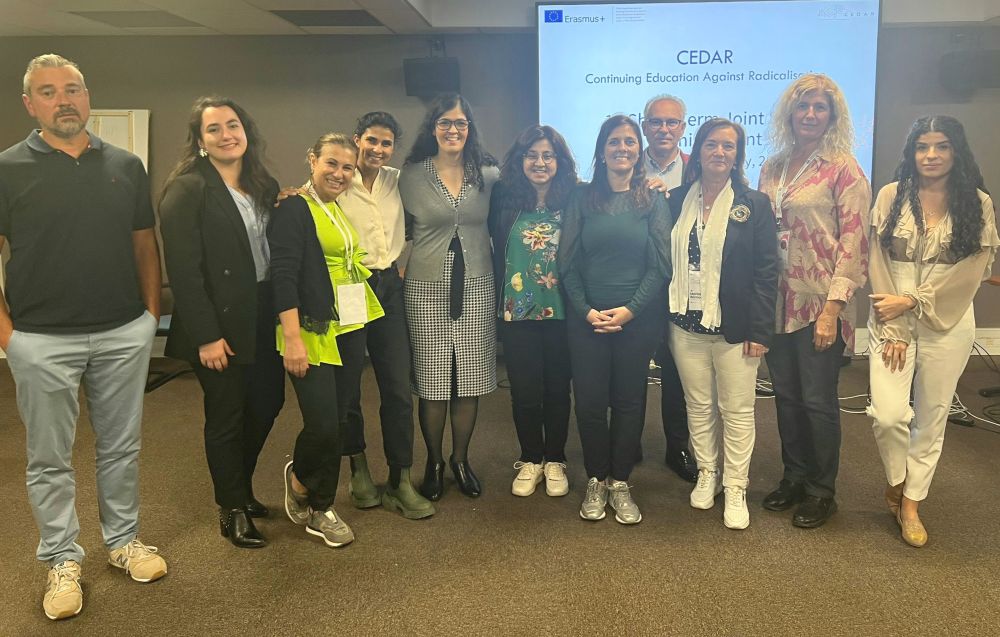
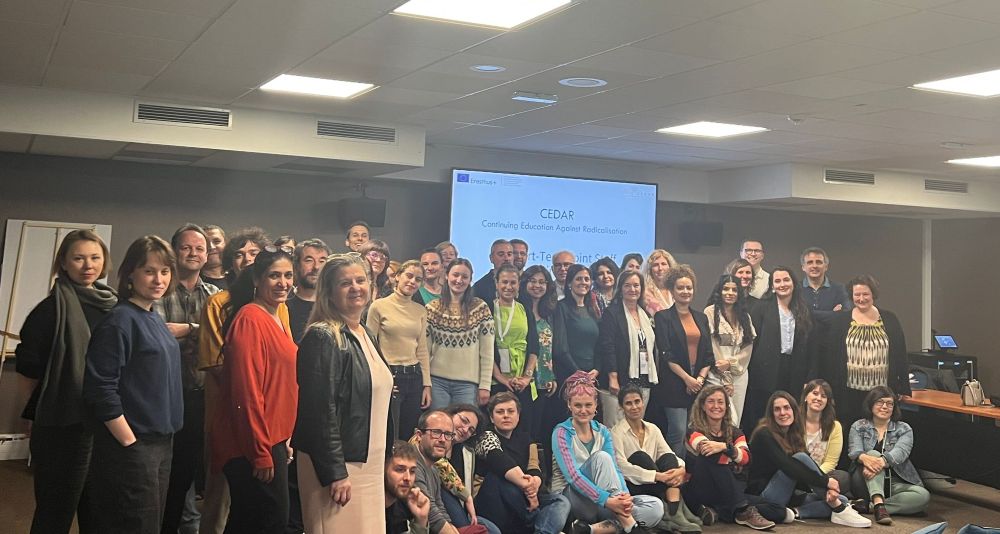
The training sessions featured renowned experts on P/CVE who discussed transversal issues and practices, following a complementary approach.
The first training event, in Toulouse, explored different forms of extremism, from Islamist to single-issue extremism, and the distinction between extremism and activism. emphasising violence and its legitimisation as differentiating factors, with clear implications for intervention efforts.
After discussing the theoretical aspects of radicalisation and extremism, the trainers adopted a practical component, aiming to provide trainees with exercises and develop skills to promote active and healthy citizenship. This was the focus for the second training event, in Warsaw. , Here the primary objective was to provide tools for deconstructing polarisation and radicalisation patterns, stressing the significance of a critical and curious mindset to foster resilience against radicalisation.
The Warsaw training also delved into the complex issue of, antisemitism in Poland, aiming to understand how discrimination can lead to violence and othering processes, with nefarious consequences. Participants recognised that the extreme violence experienced in the country did not occur overnight and emphasized the potential impact interventions at various stages of the process could have had.
Preventing radicalisation among youth: Small actions can have significant impacts?
The main conclusion drawn from the CEDAR training events was the importance of taking action to build bridges for change. – Small actions such as support, listening, discussion, or actively challenging prejudices were highlighted as ways to make a difference, even in challenging circumstances. To take such action and contribute to addressing the growing concern of radicalisation in Europe, there’s a need for active knowledge and a critical spirit.
That is what inspired the CEDAR ‘Continuing Education Against Radicalisation’ project when building its training events, ensuring that different professionals are apt to deal with the ever-evolving challenges brought about by an increasingly polarised Europe.
Know more about this project
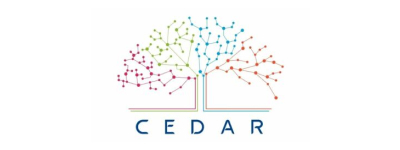
CEDAR
Continuing Education Against Radicalisation
The CEDAR project is led by the National Conservatory of Arts and Crafts (France) and partnered by IPS_Innovative Prison Systems (Portugal), University Rey Juan Carlos (Spain), the Salzburg University of Applied Sciences (Austria), the School with Class Foundation (Poland) and the University of Toulouse Jean Jaurès (France).
For more information about the CEDAR project, visit its website and follow the initiative on LinkedIn for updates.
Related projects

EUTEx
Developing a European framework for disengagement and reintegration of extremist offenders and radicalised individuals in prison

HOPE
Holistic Radicalisation Prevention Initiative (Balkan countries)

IN2PREV
Law enforcement and community cooperation and training approach to prevent radicalisation by ensuring refugees’ successful inclusion

INDEED
Strengthening a comprehensive approach to preventing and counteracting radicalisation based on a universal evidence-based model for evaluation of radicalisation prevention and mitigation

INTEGRA
Integrated Community, Probation and Prison Services Radicalisation Prevention Approach

MIRAD
Multi-Ideological Radicalisation Assessment towards Disengagement

PARTES
Participatory Approaches to Protecting Places of Worship

PRACTICIES
Partnership against Radicalisation in Cities

R2COM
Radicalisation and violent extremism prevention in the community
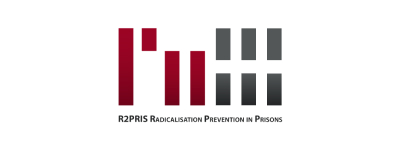
R2PRIS
Radicalisation Prevention in Prisons
Related news

Empowering communities to support integration: a first step in preventing radicalisation
Read More »
“EU Knowledge Hub on Prevention of Radicalisation”: European Commission Launches a €60 Million Initiative for the next 4 years
Read More »